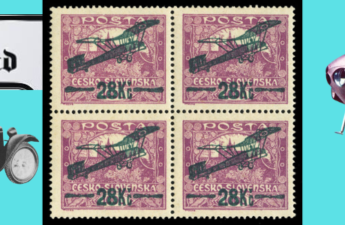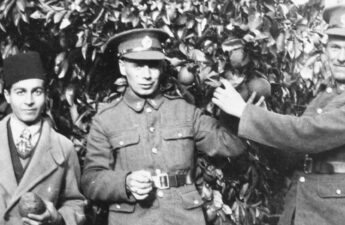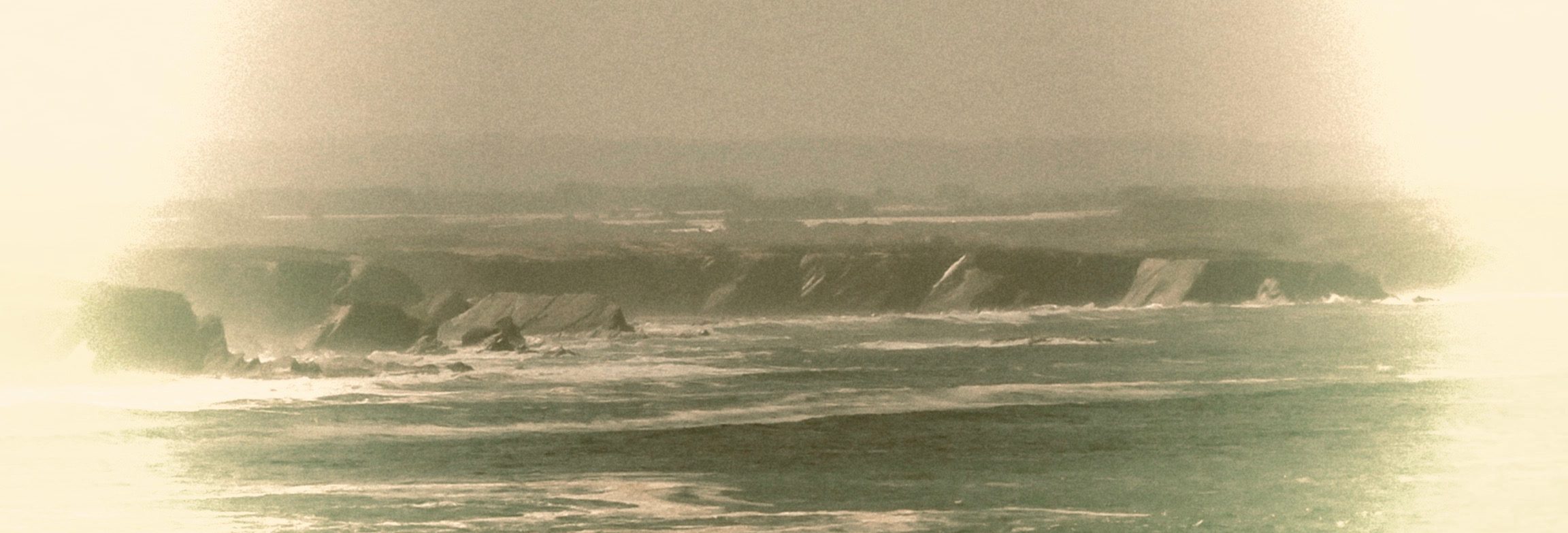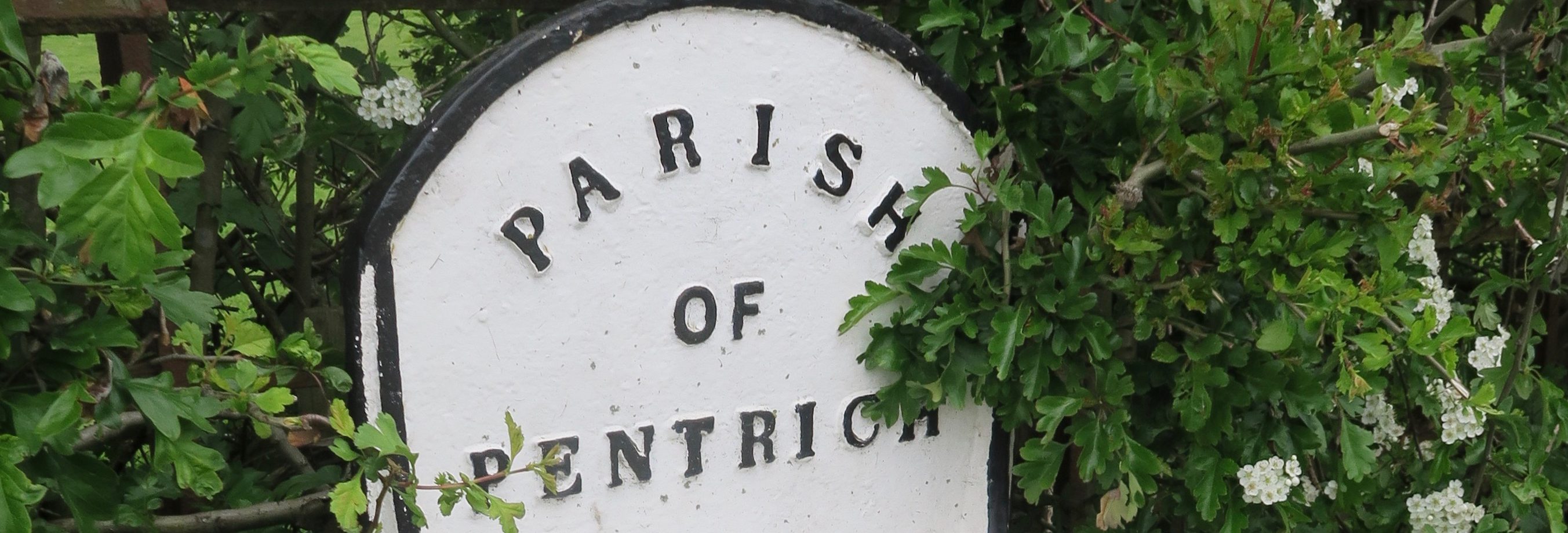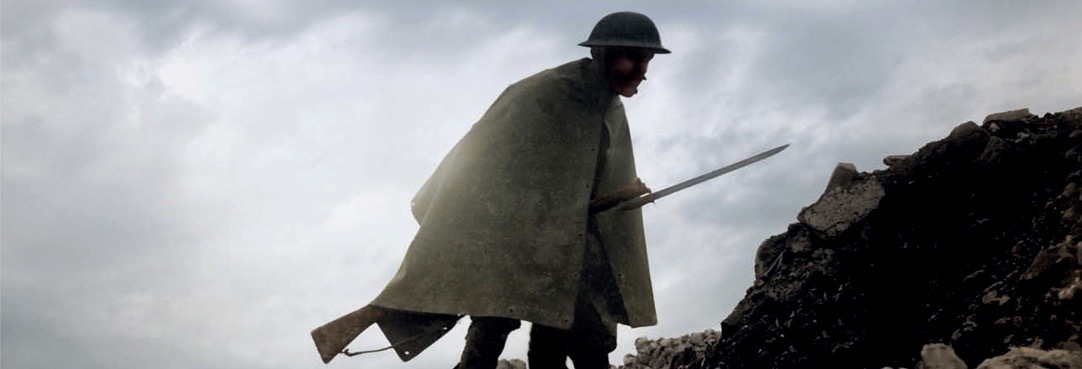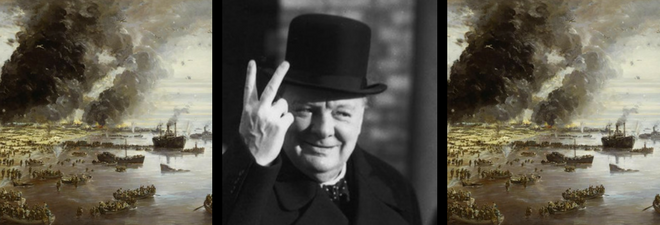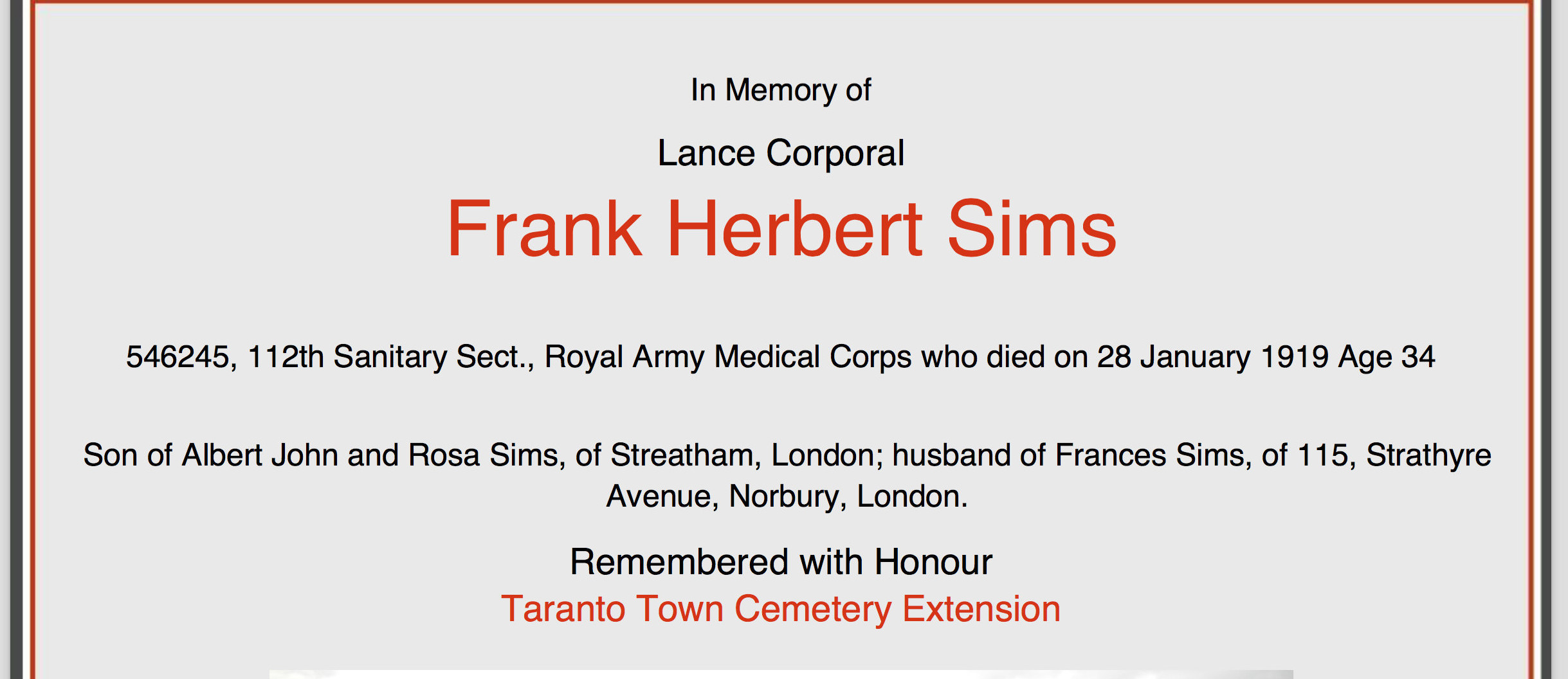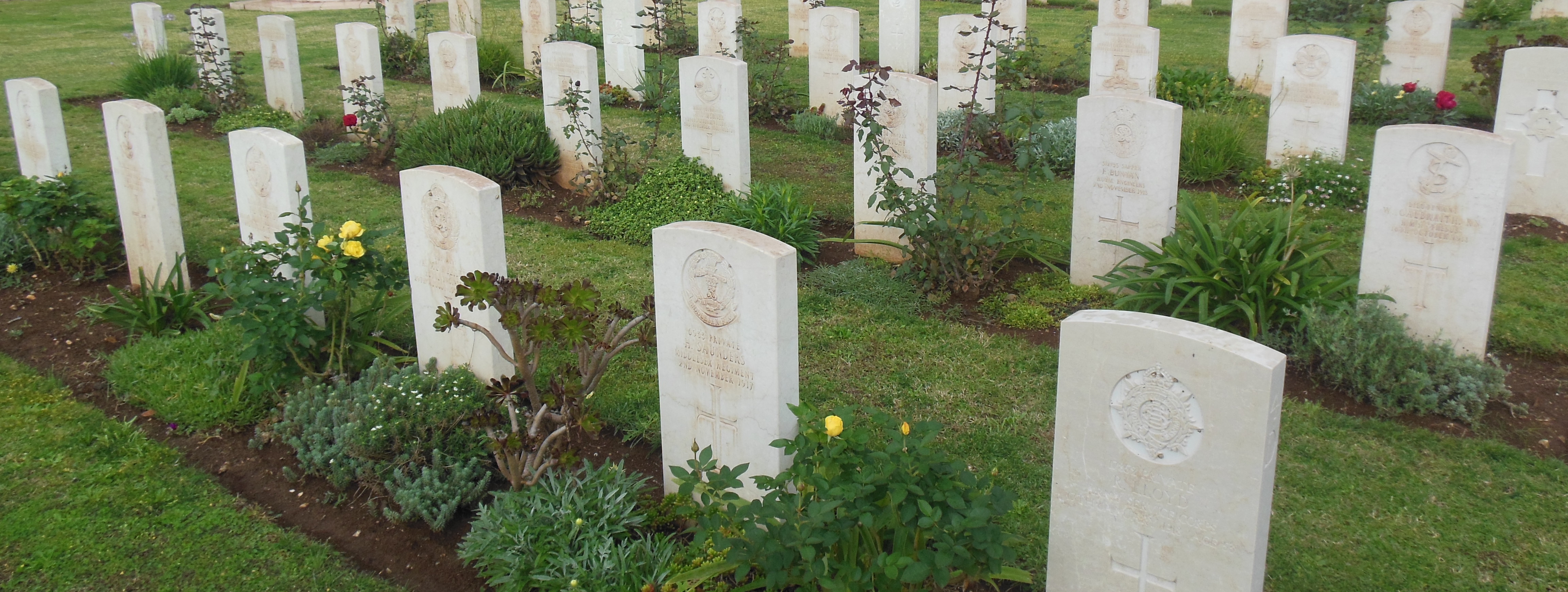Every Christmas growing up my family received a greeting card from the Stingl family. I knew that my grandmother, mother, and aunt had known Fritz Stingl in the 1930s. He was Czech and he had arrived at Croydon airport as a refugee and been turned back even though they were at the barrier waiting to sponsor him. And then there…
Tag: family
War Souvenir
My father did not bring much back from his six years of war. He would have had his demob suit of course, and I remember a leather jerkin that he wore into the 1960s. Then, in common with millions of other military personnel and civilians, there was the case of what we now call PTSD. There was also his War…
Coastal Command
My uncle Lawrence Holford was killed by a Bristol Beaufighter. Maybe two. My father worshipped his older brother Laurie, and growing up my brother and I heard the story that he was killed in the Brighton Blitz while serving as a special reserve constable with the Brighton police. I imagined a lone policeman on dark streets, German bombers overhead, searchlights…
My Life Among the Spirit People
The Background One evening in the spring of 1919 a soldier in his uniform appeared at the front door of 115, Strathyre Avenue, Norbury, London. Frances Sims knew who it was immediately. It was her husband – Lance Corporal Frank Herbert Sims, known as Bert. The only problem was that Lance Corporal Sims had died at Taranto, Italy in January. …
The Pentrich Martyrs and Peterloo
I was intrigued when I discovered that I am distantly related to the last person beheaded in England. The year is 1817 and the place Derbyshire. Isaac Ludlam was one of three men executed at Derby gaol. His head was cut from his corpse and shown to the thousands in the crowd. This was not a story handed down in…
Two Years Hard Labour
My uncle – Geoffrey Nicolls – served with the 16th West Yorkshire Regiment in WW1 and in the same week that he was attached to his battalion this line appears in the official War Diary: July the 14th 1916 – less that a fortnight after the first day of the Somme offensive that had devastated the battalion and put the…
The Darkest Hours -1940 and 2018
1940 has been well served by blockbuster movies this past year. Last summer there was Dunkirk as legendary saga and then this winter Darkest Hour focussed on the Westminster drama of the political backdrop. Dunkirk tells the story of the evacuation of the British Expeditionary Force by following what happens to some representative figures – soldiers trying to get off the beach; a…
Song of the Dark Ages
Song of the Dark Ages We digged our trenches on the down Beside old barrows, and the wet White chalk we shovelled from below; It lay like drifts of thawing snow On parados and parapet: Until a pick neither struck flint Nor split the yielding chalky soil, But only calcined human bone: Poor relic of that Age…
My First and Last Poppy: Evermore and Nevermore
In Memory of Lance Corporal Frank Herbert Sims. Royal Army Medical Corps who died on 28 January 1919 Age 34 Son of Albert John and Rosa Sims, of Streatham, London; husband of Frances Sims, of 115, Strathyre Avenue, Norbury, London. Father of Edith and Kathleen. With the a brief two hour exception last Friday, I have never worn a poppy. This…
“And each slow dusk a drawing-down of blinds”.
Ninety years since the end of the First World War. Passengers at Paddington station on Armistice Day, 11 November 1919. stopped for two minutes silence to remember those who never returned. Most of the men have taken their hats off out of respect. Over 25,000 Great Western Railway workers were killed in the war. Railway companies commemorated the end of…
